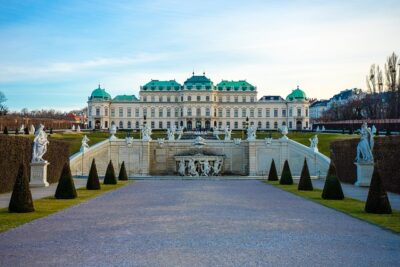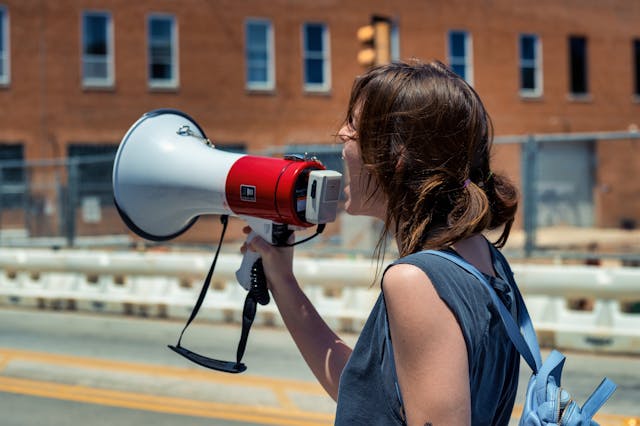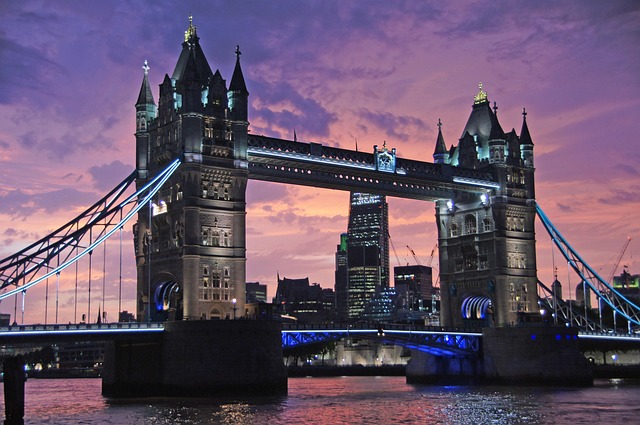 A sense of calm – and perhaps even hope – is spreading across the world following Donald Trump’s election victory. Trump and his party have seized everything that matters: the Senate, the House of Representatives and even the absolute number of votes. Perhaps we are moving away from the political follies that have run rampant in recent years; perhaps we can finally get a dose of stability and confidence. We note how the gold price fell shortly after the election win, which can be interpreted as people daring to look towards risky investments again rather than holding on to heavy assets.
A sense of calm – and perhaps even hope – is spreading across the world following Donald Trump’s election victory. Trump and his party have seized everything that matters: the Senate, the House of Representatives and even the absolute number of votes. Perhaps we are moving away from the political follies that have run rampant in recent years; perhaps we can finally get a dose of stability and confidence. We note how the gold price fell shortly after the election win, which can be interpreted as people daring to look towards risky investments again rather than holding on to heavy assets.
In Europe, it is mostly Viktor Orbán, Robert Fico and a handful of others who welcome Trump with open arms. The rest of the EU’s politicians are mostly scratching their heads – perhaps they had bet a little too wholeheartedly on the losing candidate. The strategy of pumping billions into Ukraine’s war project could prove to be a rather expensive affair. Under Trump, the US is likely to force a peaceful solution, and the flow of money risks looking like nothing more than a gigantic waste of taxpayers’ money and state resources.
It is particularly interesting to see that it is the nations of the old Habsburg Empire that have chosen to stand up to both the war mongers and the migration fanatics. If the EU continues in its dithering ways, Orbán and company may soon find themselves in an increasingly powerful position within the Union – thanks to their good relations with the US, Russia and China. While the rest of the leaders are groping in the dark, he is one of the few to point out a possible direction.
One almost wonders if the EU project has always had a hidden ambition to recreate something of the former Habsburg empire. We know that the old great powers, especially Britain and France, have always been inclined to go their own way if co-operation falters. The British have already waved goodbye. For a great power, the EU is mostly cosmetic; national interests and dreams of great power always come first. It’s a different story for countries used to being small cogs in a larger empire.
Should France step out – when, rather than if – it will be Central Europe that takes the helm. Germany, weakened as it is, is likely to remain in the Union but will probably demand greater autonomy. And that is good for all concerned. As for the Nordic countries, they may well form their own bloc. After all, they have each other and function as a stable unit both culturally and economically. However, the initiative is unlikely to come from Sweden – politically leached as it is – but from a more unexpected source, perhaps Finland?
Then there are the others, almost all of which had a Habsburg era. Spain, for example, and its former colonies, which once belonged to the Austrian royal family; then there is Germany, the Netherlands, northern Italy and large parts of central and eastern Europe.
There are exceptions, of course. Greece, which may have had a German king on the throne but is otherwise mostly hanging on to co-operation for reasons of convenience? Poland may also remain, but on the other hand it may well follow its own great power ambitions depending on how the regions of Ukraine are shaped after a future peace agreement.
Such a European power bloc could well draw closer to Russia, and with Germanic-Slavic engineering and Siberian natural resources, we might see a whole new Europe – a continent that not only consolidates its power but also takes a leading role on the geopolitical stage.







